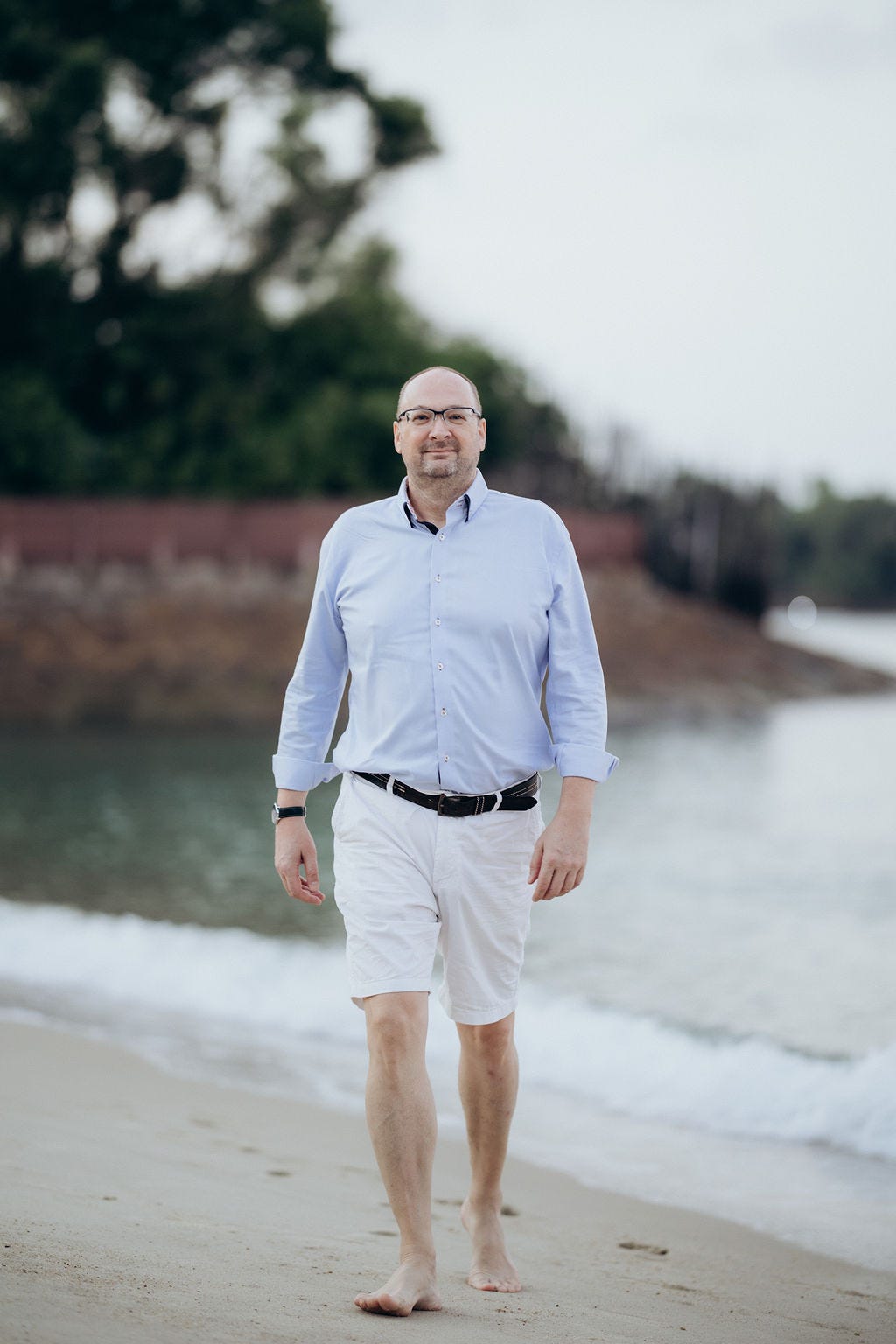What needs to be true to create a life of delicious adventure?
Coming soon as The Delicious Adventures Podcast with Justin Lodge
When I first started to write the first of my four books, I thought that if I could help one man to stop him from harming himself or someone else then it would have been a great success.
My purpose for writing and speaking has changed and evolved - but the underlying message remains the same is to inspire people to step up and take responsibility for th…



